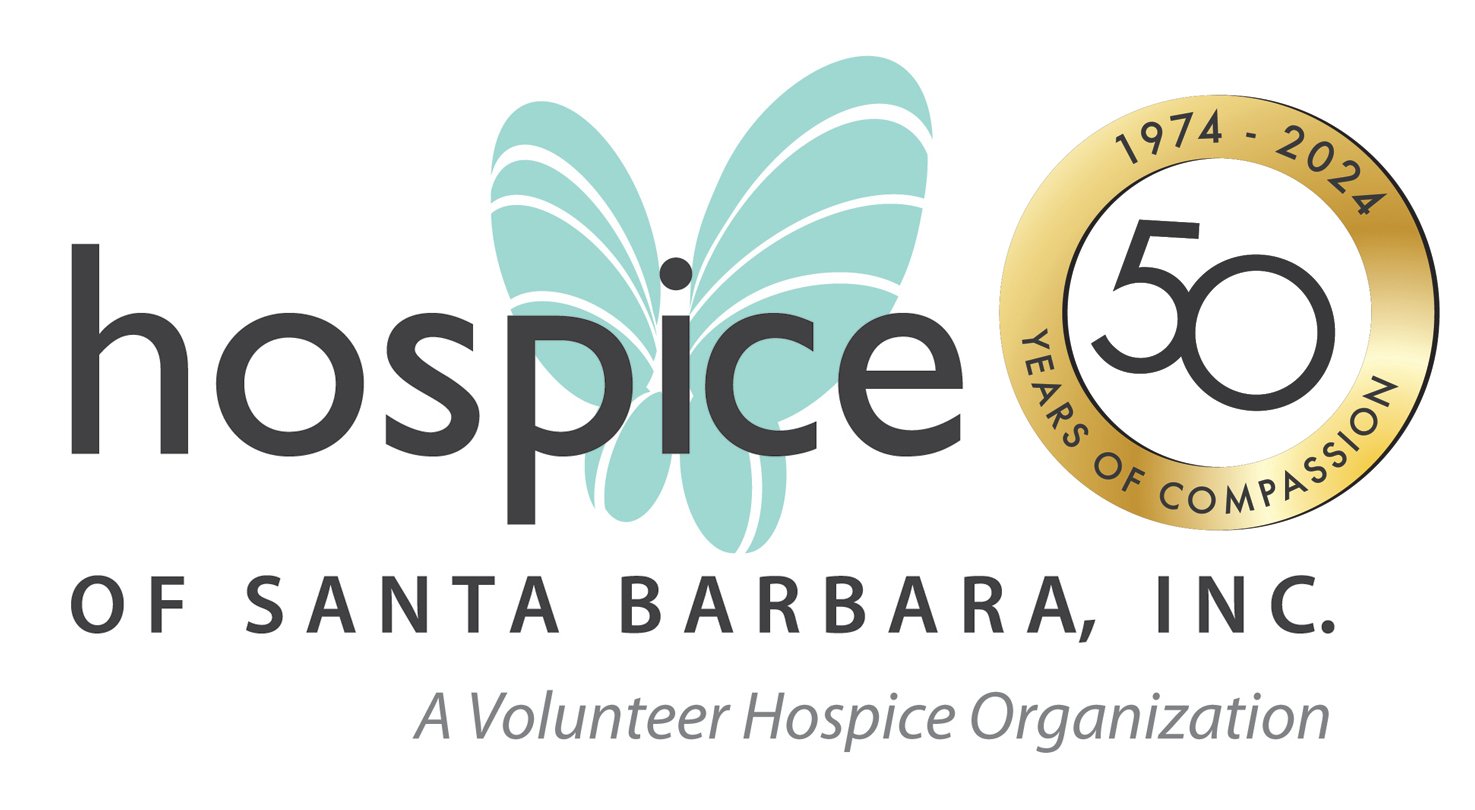“I read [poetry] not only to feel connected to the world, but to remember that people have managed to make incredible poems out of deep suffering. Just that simple fact gives me hope.”
Ada Limon, New York Times, June 15, 2020. https://www.nytimes.com/2020/06/11/books/poetry-poets-recommendations.html.
Poetry has had a varied reputation throughout history beginning with the oral tradition in ancient times, the chant having the power to heal. More recently authors have written articles and books about if poetry matters and why. Then 9/11 happened and our idea of national security shrank. I remember one newscaster interviewed Billy Collins, then Poet Laureate of the United States, and asked what poem he would recommend. At first he said, the psalms, then added, the poem “Wild Geese” by Mary Oliver. I still hear her words that were heard over the radio across the country. “Tell me about your despair, and I will tell you mine. Meanwhile the world goes on… Meanwhile the wild geese, high in the clean blue air, are heading home again.”
Here we are again. Home, in a very different way, sheltered and isolated to dodge the Coronavirus as best we can. Whether we take to poetry or not, we turn to it at times of celebration like birth and marriage, as well as times of great sorrow—death, and crisis like the one we are experiencing today. Poetry has been exploding on the internet, people writing about their despair, their grief and anger and fear. Poetry can connect us to the world, at the same time, reaching deep into the “I”, the self, trying to understand a collage of feelings suddenly risen demanding attention. When a poem speaks of our experience, there is a sense of comfort, which holds the word “fort. A poem can fortify us, light a way to hope. And poetry is a container. Words in shorter lines with the wide margins like a fence, hold our emotion so we won’t fall off the edge.
Not every poem is one of healing, which brings me to poetry therapy, also described as poetry for wellness or healing. I have been facilitating bereavement groups at Hospice for many years.
A poem selected for inspiration, must always point to hope in some way, while also speaking of struggle. The process begins with a poem that addresses specific emotions of the group in language that is understandable yet fresh, perhaps with metaphor and imagery, and most often personal details with a natural rhythm. I like to describe poetry as a song without the melody.
The poem is printed up, a copy for all, read, and then explored, not for what it means as in an English class, but where in the poem does your heart land. What phrases or words speak to you and how do they relate to your life? From that place, participants write their own poems, which are read out loud. Group members respond with heart so the author feels heard, seen, not judged, but opens more to the self and others with compassion. Poetry becomes a communal event, starting with a few words that spread, like a pebble dropped in a pond, pulsing outward.
Once sheltered, Hospice turned to technology to keep our lives moving forward, on the Zoom platform. Early in April 2020, NPR’s poet-in residence, Kwame Alexander, pointed to a poem by Nancy Dross Dunham titled “What I’m Learning about Grief” which was published on Morning Edition. It was followed by an invitation from NPR to those whose lives had been affected by Covid-19, and write poems beginning with the line “What I’m learning about grief is…” and send in their thoughts. NPR staff would pick out a sampling of poems from around the country. On April 30, the national “communal poem” was posted by NPR on Zoom for all to hear and read.
https://www.npr.org/2020/04/30/845910766/if-the-trees-can-keep-dancing-so-can-i-a-community-poem-to-cope-in-crisis
Continuing with the national outcry, I brought the poem to our Hospice group, reading some of the lines, and members wrote their own poems and thoughts about what they had learned about grief or were experiencing that day, as they always do. What was different is that this time they were united with a wide swath of others experiencing grief as if looking through a glass window West to East, South to North, seeing themselves reflected, encouraged to take another step, which is one of the healing effects of poetry. It only takes one line that opens the heart, and another ear to hear it, and nod Yes.
Perie Longo, PhD, MFT, Bereavement Counselor
Perie leads our bereavement poetry/writing group, which she has offered since 2003. What attracted Peri to Hospice originally was the support she received from HSB in the aftermath of her husband's death. After attending the widow/widower’s support group, she was invited to lead a poetry/writing group. Perie has been in private practice as a marriage and family therapist since 1991, and is also a registered poetry therapist and a past poet laureate of Santa Barbara (2007-09). She has led poetry workshops for California Poets in the Schools and the Santa Barbara Writers Conference for 30 years. She earned her M.A. from UCLA and PhD from Sierra University. She has published four books of Poetry: Milking the Earth, The Privacy of Wind, With Nothing Behind But Sky: A Journey through Grief, and Baggage Claim as well as individual poems in many journals. She enjoys hiking, beach walks, reading, and gardening.
